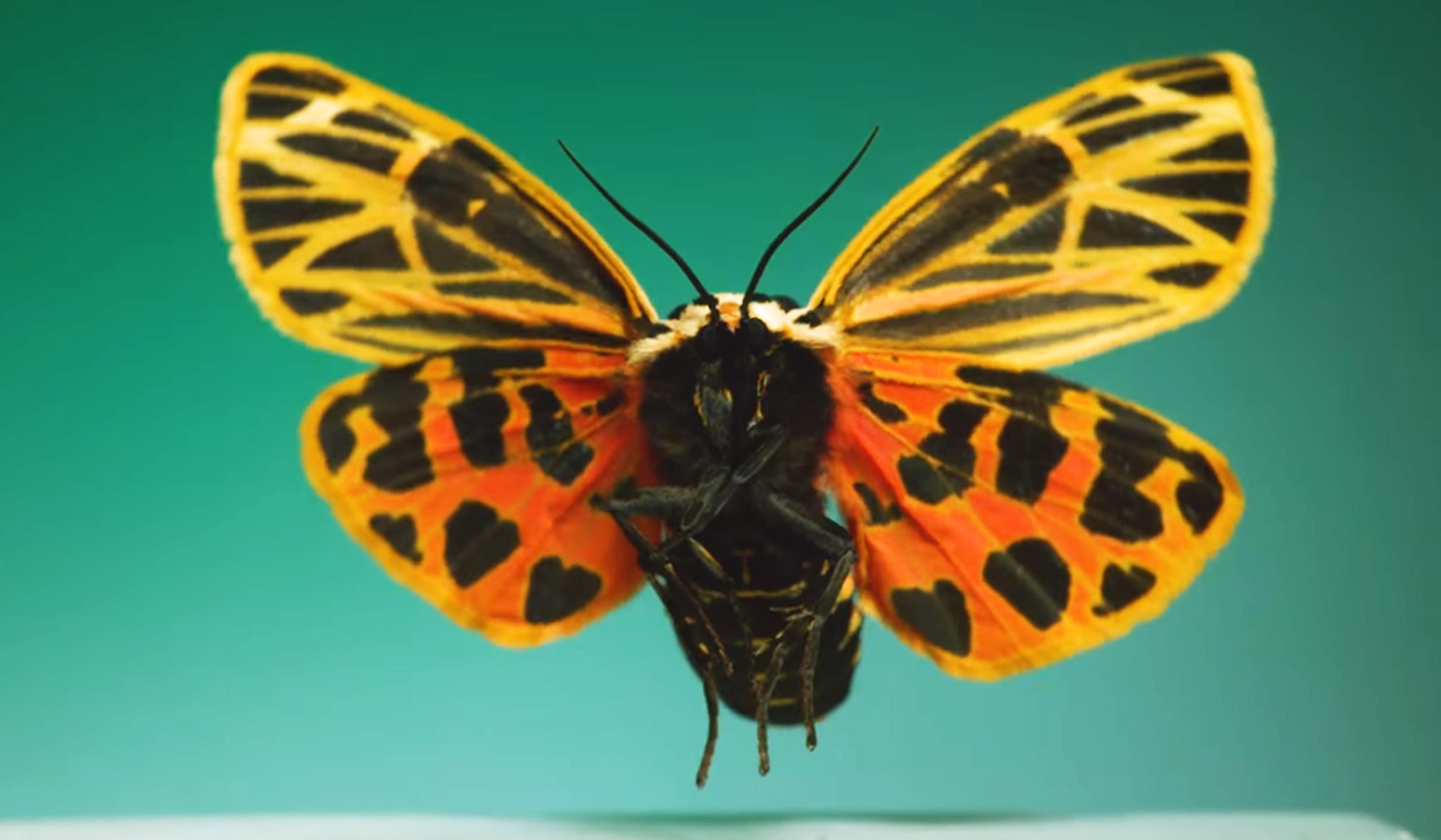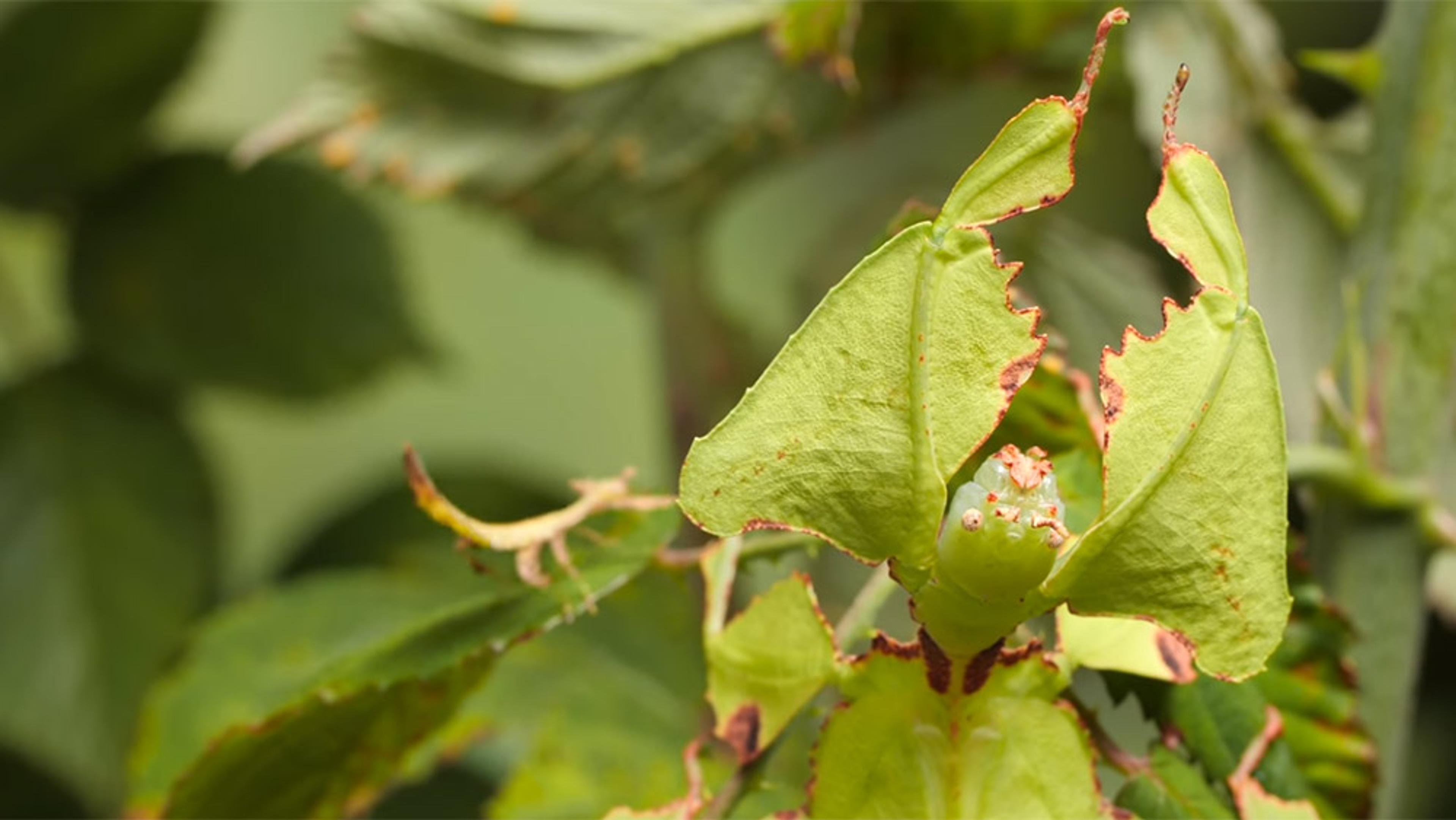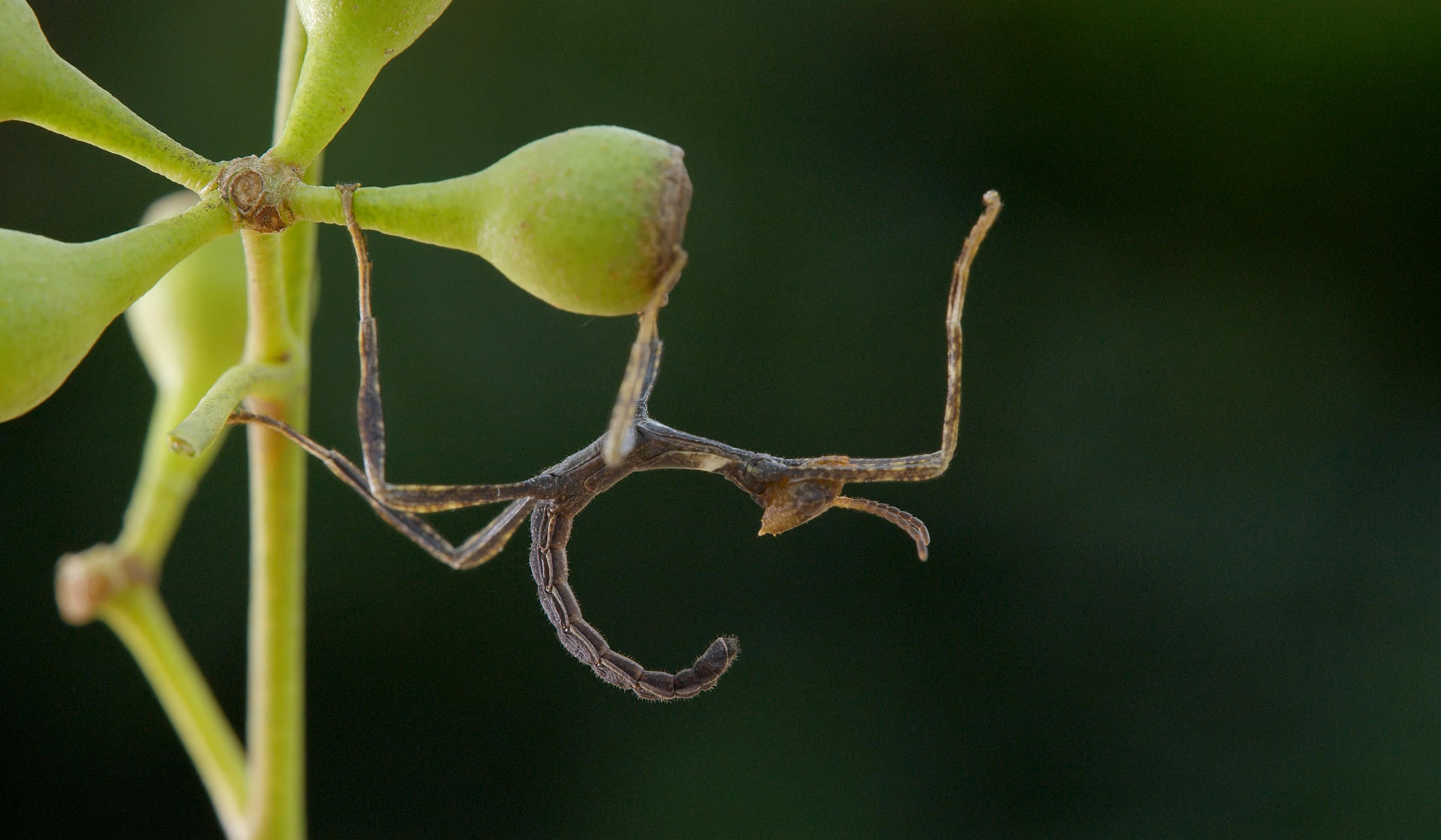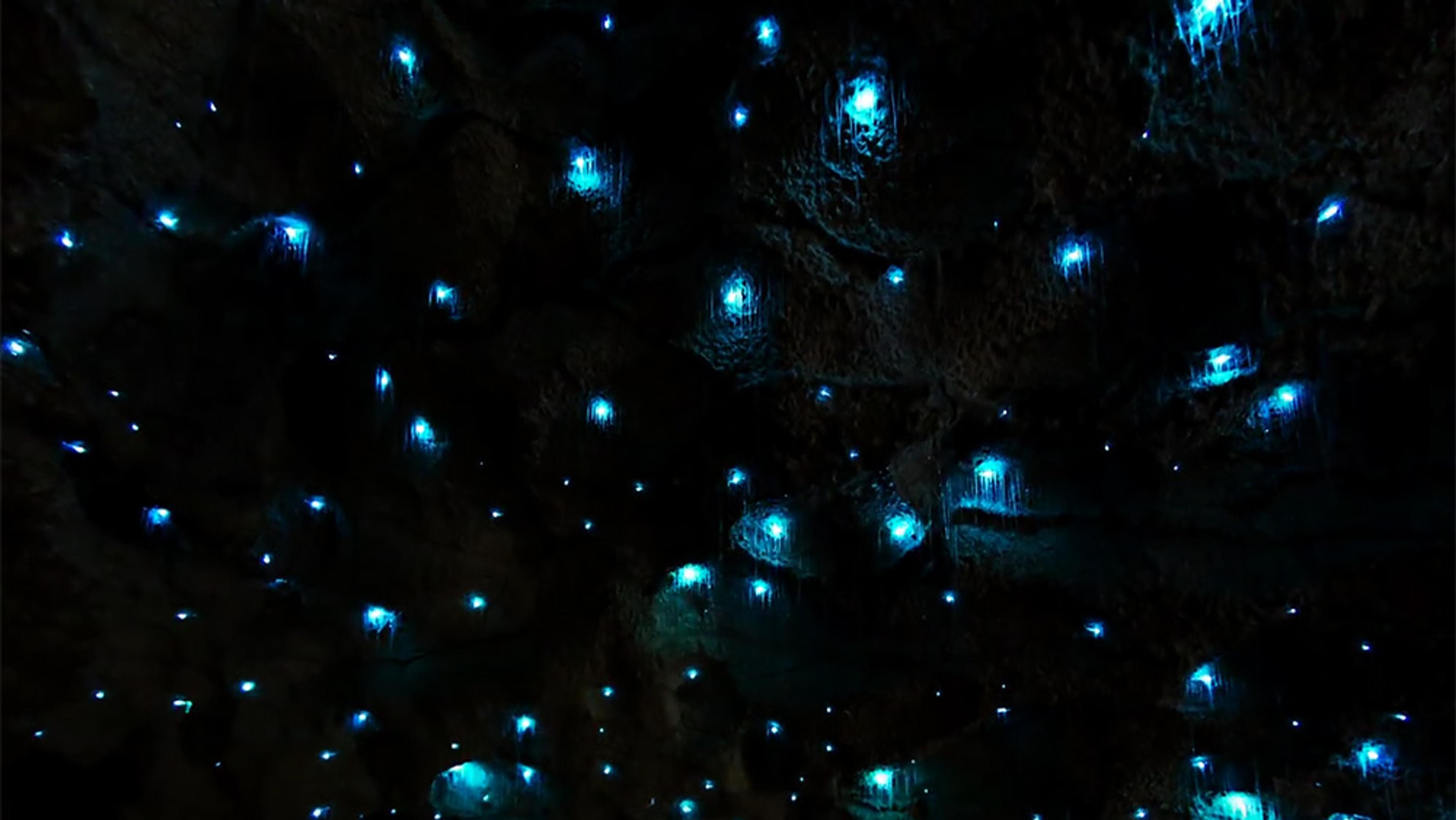The Hippodamia convergens (the convergent ladybug, or ladybird) beetle spends most of its life alone, feasting on aphids and other small, soft-bodied insects. But each year as the cold weather sets in, they migrate to hibernation hiding places – generally the same cozy spots. Their journey is made all the more impressive by the fact that the insects, which live only up to a year, have never been to the meet-up points before. Scientists believe that they find their way using pheromone trails left by previous generations. And, as this short video from the science documentary series Deep Look shows, when they assemble en masse to enter a state of diapause and eventually mate in the spring, it’s a natural wonder worth beholding. You can read more about this insect’s lifecycle at KQED Science.
Every winter, ladybirds break their solitude and assemble for a once-in-a-lifetime love-fest
Video by KQED Science and PBS Digital Studios
Producer: Elliott Kennerson
Cinematographer: Josh Cassidy
Narrator and Writer: Amy Standen
13 February 2018

videoBiology
There’s no one way for an insect to fly, but they’re all amazing in close up and slo-mo
7 minutes

videoEvolution
When is a leaf not a leaf? When it’s got six legs and a face
4 minutes

videoBiology
How insects become airborne, slowed down to a speed the human eye can appreciate
8 minutes

videoEvolution
The master-of-disguise creature whose whole life is an elaborate lie
5 minutes

videoBiology
Glow worms mimic stars, creating a stunning faux night sky in a New Zealand cave
4 minutes

videoBiology
Beetles take flight at 6,000 frames per second in this perspective-shifting short
9 minutes


